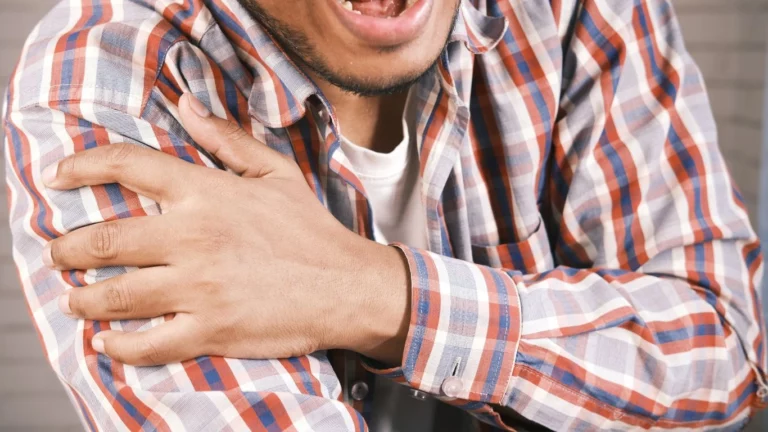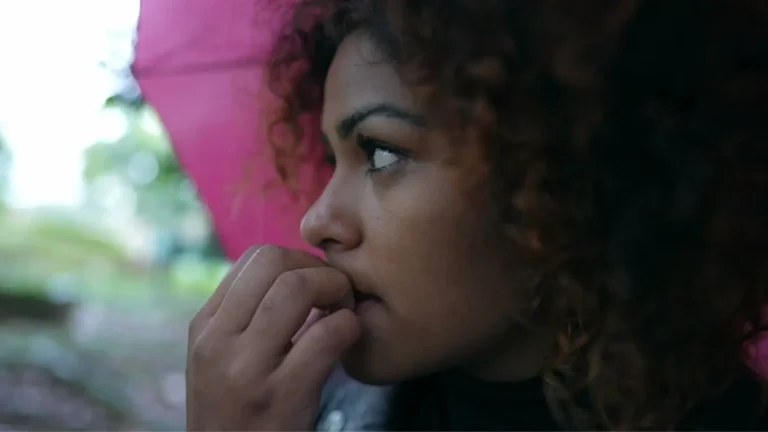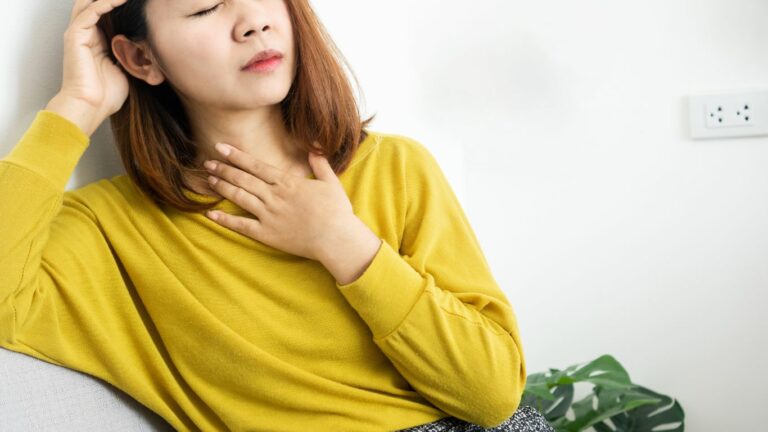Why Reiki Healing for Anxiety Feels Surprisingly Effective
If someone had told me years ago that something as gentle and non-invasive as Reiki could help with my anxiety, I’d have rolled my eyes. I used to associate it with crystals and incense and vague spiritual lingo. But life has a funny way of humbling you. After trying therapy, medication, breathing exercises, and every app under the sun, I finally gave Reiki a shot. And let me tell you—it wasn’t magic, but something shifted. It felt like a layer of stress just… melted. Let’s dive into why Reiki healing for anxiety is gaining momentum and whether it could actually make a difference for you too.
What Is Reiki and Why Are So Many People Talking About It for Anxiety?
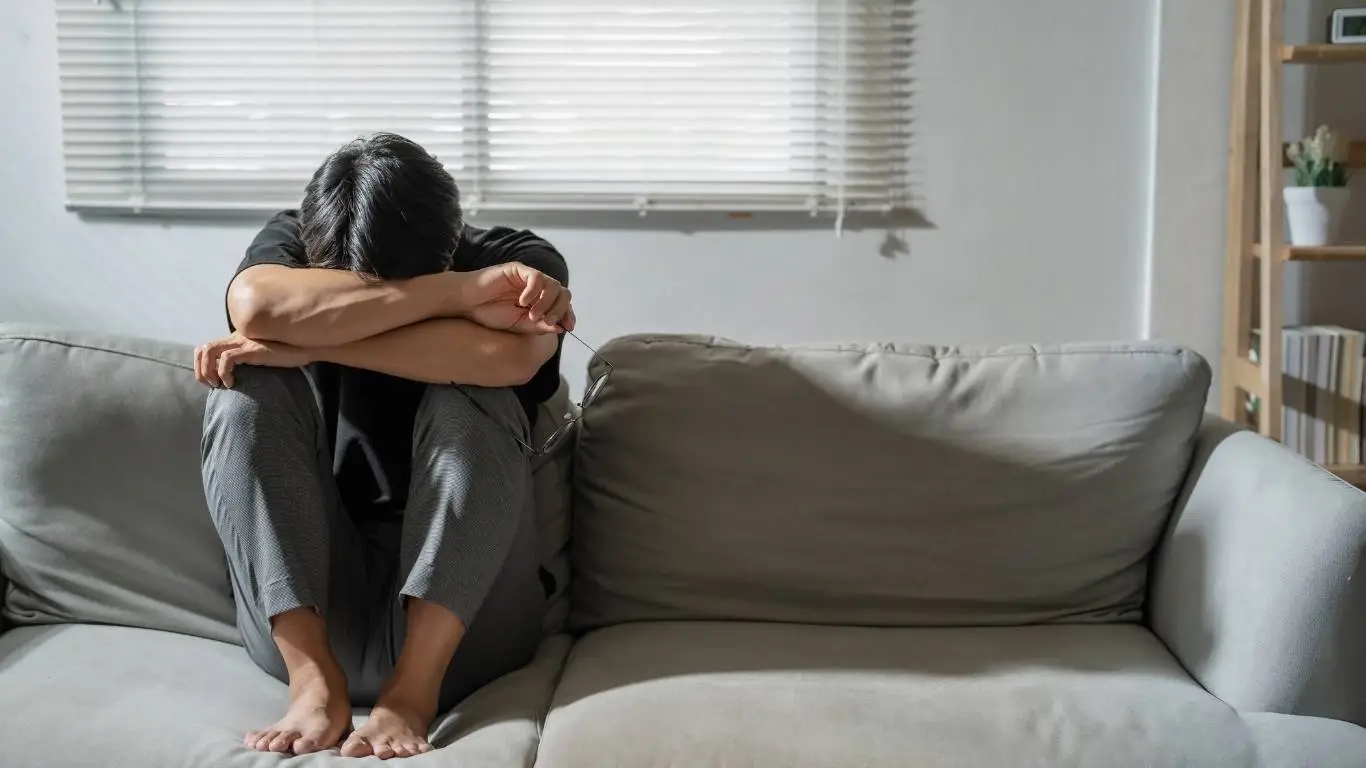
Reiki is a form of energy healing that originated in Japan in the early 20th century. The word itself comes from “Rei” (universal) and “Ki” (life energy). Practitioners believe that by channeling energy through their hands, they can encourage balance in the body, both physically and emotionally.
Now, that might sound a bit out there—especially if you’re like me, someone who used to scoff at anything that didn’t come with a prescription. But there’s something about the calming environment, the lack of pressure to “fix” something, and the hands-on (or even hands-above) technique that makes it surprisingly grounding. For many dealing with anxiety, that grounded feeling is rare—and deeply welcomed.
How Reiki May Help Calm an Anxious Mind

It’s More Than Just Relaxing—It’s Regulating
One of the most overlooked effects of chronic anxiety is nervous system dysregulation. We’re talking about that constant fight-or-flight buzz that doesn’t seem to shut off. Reiki sessions often trigger the parasympathetic nervous system—the one responsible for rest and digestion. Think of it like hitting the brakes when your mind’s been flooring the gas pedal nonstop.
According to a review published in the Journal of Evidence-Based Integrative Medicine, Reiki may lower anxiety scores significantly in patients across a variety of settings. While more research is needed, the early findings are promising—and match up with what many of us feel after a session: lighter, clearer, calmer.
Helps Break the Physical-Anxiety Feedback Loop
If you’ve ever dealt with anxiety, you know how physical it can get. Racing heart, shallow breathing, tight chest. Reiki doesn’t just target the mental spiral—it works with the body too. During my third session, I noticed my shoulders weren’t hunched up to my ears anymore, and my breath started to deepen naturally. It wasn’t just a mental change—it was somatic.
This can be particularly useful for people who feel their anxiety through physical symptoms like chest pain or dizziness. If you’re curious, you might find this resource on why chest pain from anxiety feels so real incredibly relatable.
Why Reiki Feels Different from Traditional Anxiety Treatments
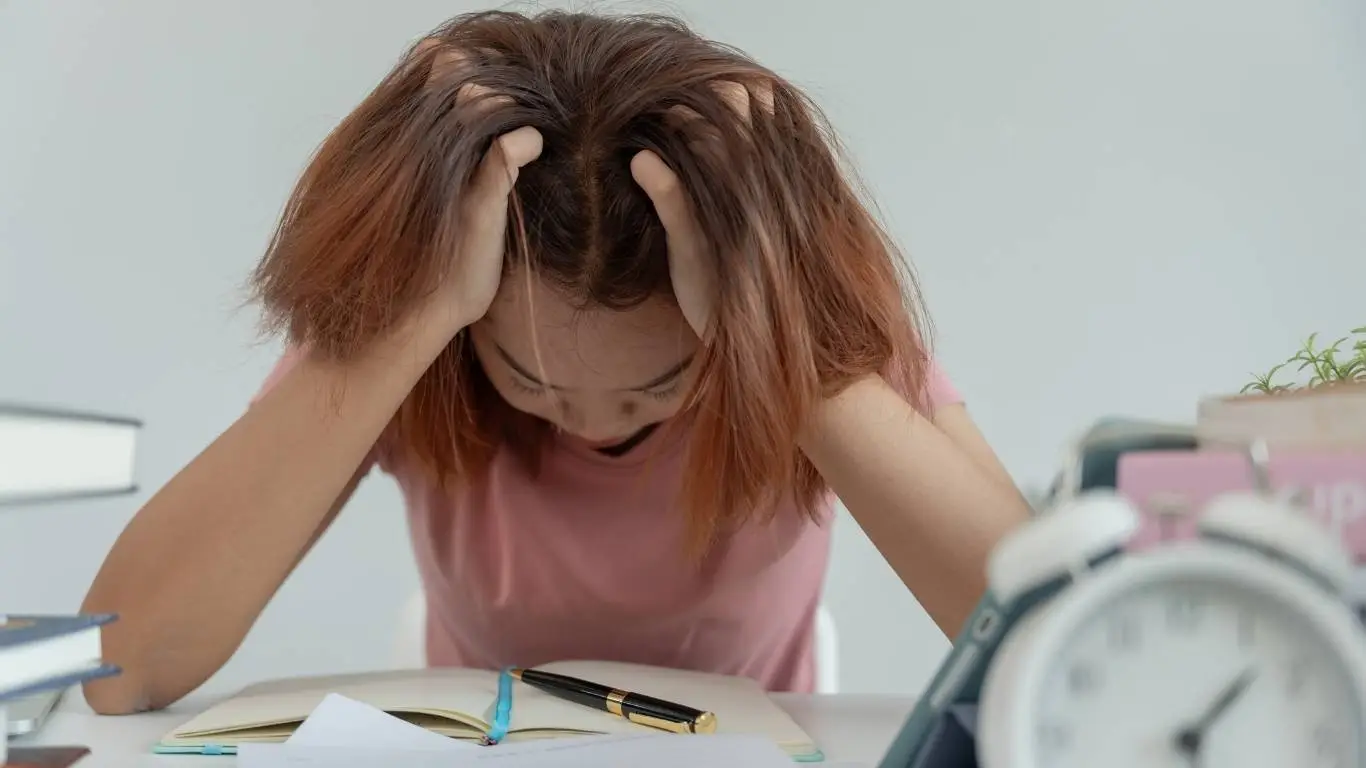
There’s No Talking Required
Unlike therapy (which I still love and recommend), Reiki doesn’t require you to explain yourself. You don’t have to go over your trauma, your past, or even your week. You just lie there, fully clothed, and let the practitioner do their thing. There’s a certain freedom in not having to verbalize your pain, especially on days when your anxiety makes forming sentences feel impossible.
No Side Effects, No Med Adjustments
One of the reasons I first tried Reiki was because I wanted something that wouldn’t interfere with my existing treatments. I was already navigating medication side effects and didn’t want another layer of complexity. Reiki turned out to be a perfect complement. Unlike some treatments that can have harsh or lingering effects, Reiki tends to leave you feeling either more centered or, at worst, neutral.
If you’re looking into other gentle alternatives, this guide on herbal remedies for anxiety is worth browsing too.
When Reiki Works Best for Anxiety Relief
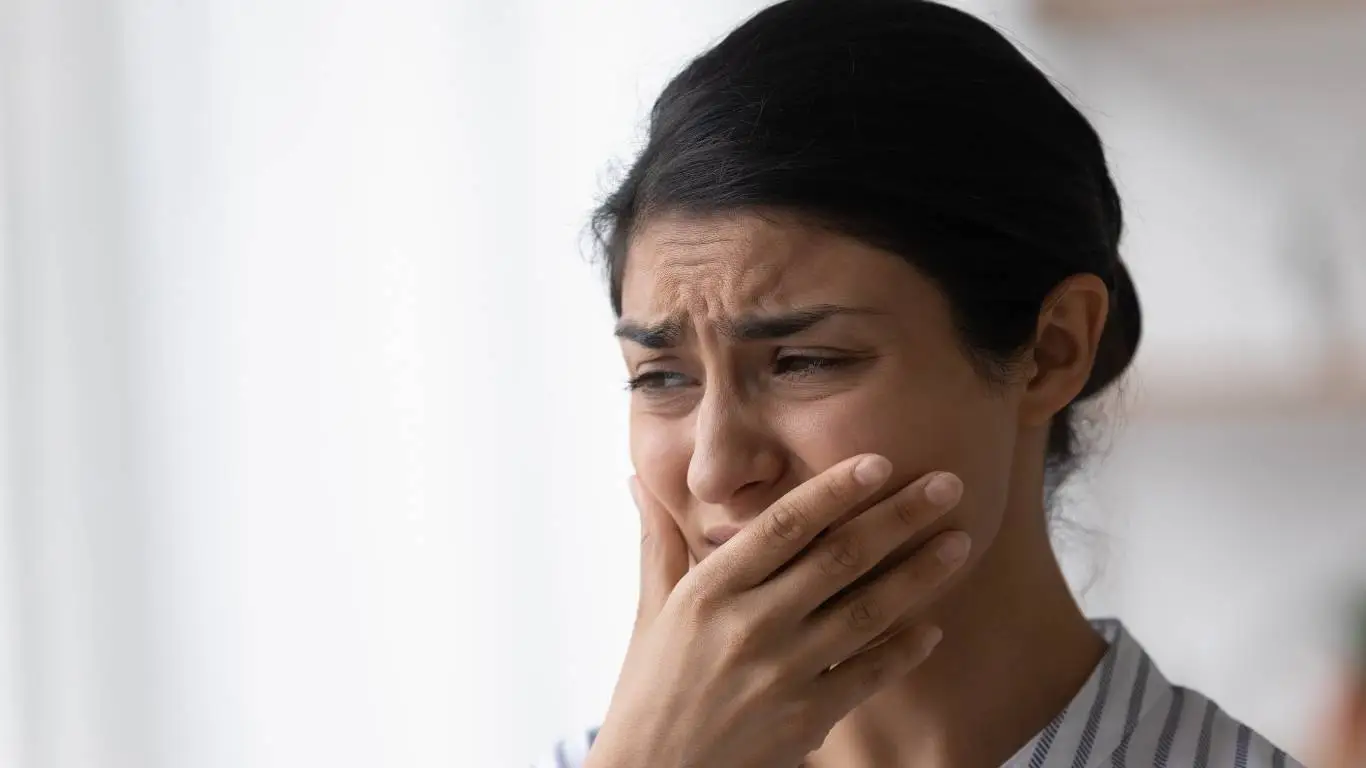
- During high-stress periods: Exams, job transitions, relationship shifts—Reiki can help process and release accumulated stress.
- Alongside therapy: It doesn’t replace talking to a professional, but it pairs beautifully with cognitive behavioral therapy (CBT), especially when the body is holding on to tension.
- When traditional routes fall short: If you’ve tried SSRIs, breathing exercises, or meditation and still feel like something’s missing, Reiki might fill that gap.
In fact, combining Reiki with techniques like breathing exercises or CBT for anxiety may create a more holistic healing routine.
How to Start With Reiki—Even If You’re Skeptical
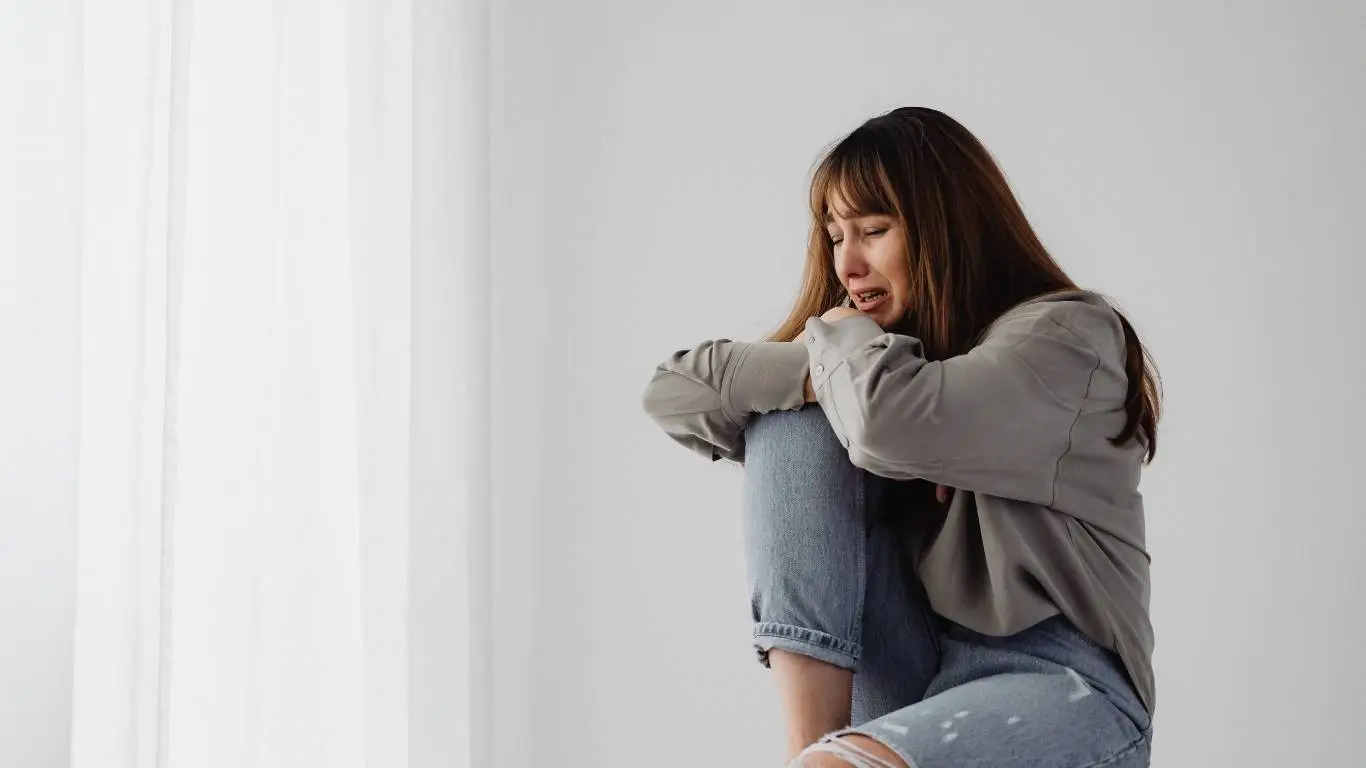
- Find a certified practitioner: Look for someone who’s Reiki I and II certified. Bonus if they have experience working with anxiety patients.
- Be open—but not naive: You don’t have to believe in energy fields. Just show up with curiosity, not cynicism. Most practitioners will welcome questions.
- Start with a few sessions: Give it a fair trial. One session is nice, but anxiety relief tends to compound with time.
I didn’t feel a massive shift after my first session. But by the fourth, I realized I hadn’t had a panic attack in two weeks—something I hadn’t experienced in years.
If you want to explore more complementary approaches like Reiki, this article on complementary and alternative anxiety treatments is a great place to start. Also, it’s worth checking out the main pillar on how anxiety disorders quietly shape our lives.
And if you want the full breakdown of how various therapies and lifestyle strategies stack up, the pillar on psychotherapy and counseling for anxiety offers an insightful deep dive.
What a Reiki Session for Anxiety Actually Feels Like
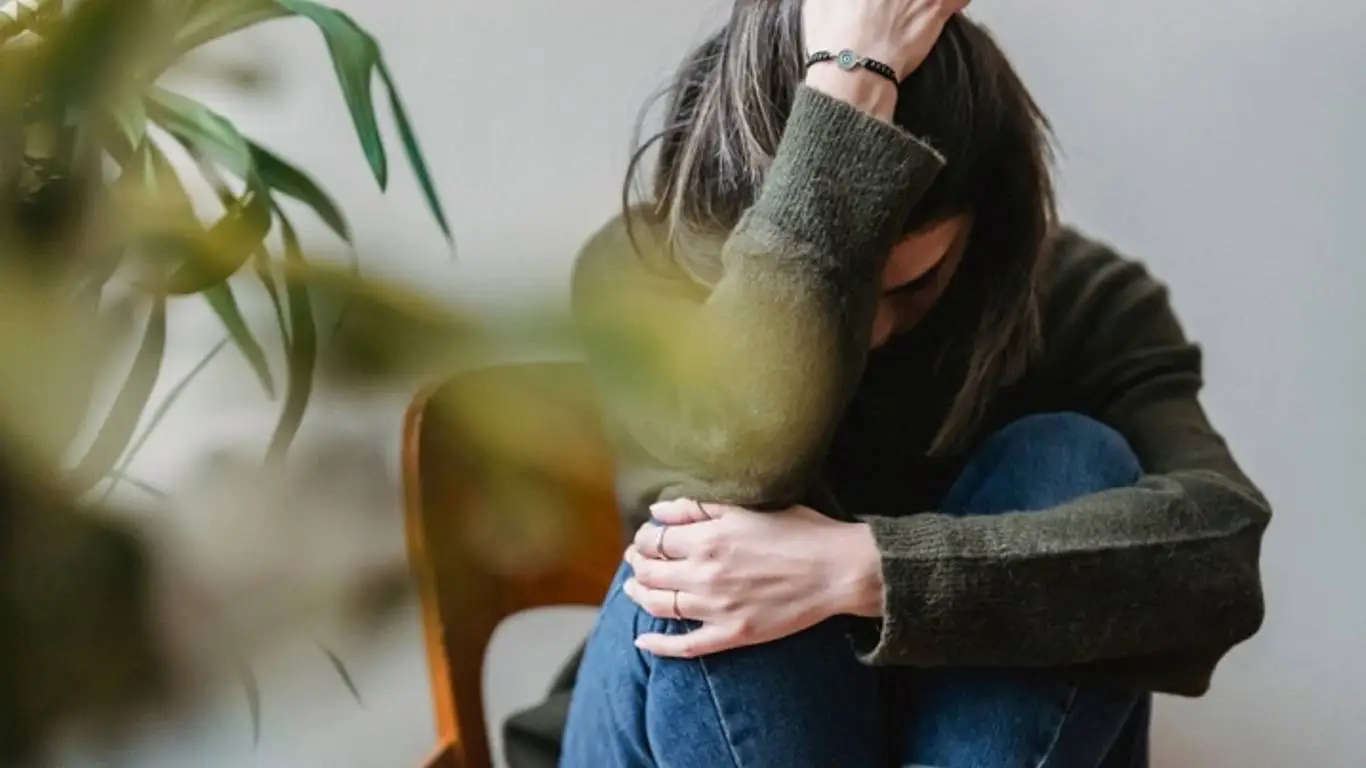
Alright, let’s get into the nitty-gritty of what actually happens during a Reiki session—because I know for a fact that not knowing was one of the reasons I put it off for so long. The first time I went, I was fidgety, skeptical, and low-key wondering if I’d just wasted $80. But by the end? I was surprised in the best possible way.
You typically lie down fully clothed on a massage table (comfy blankets and all). The practitioner might start with a brief chat or jump right in. Some lightly touch you, others hover their hands just above your body. There’s no pressure, no massage-like kneading—just this calming, barely-there warmth.
I remember thinking, “Is anything happening?” But then I noticed something strange—my thoughts had slowed. Not vanished, but softened. My chest felt lighter, and my jaw unclenched for what felt like the first time in days. Some people say they see colors or feel a gentle wave through their body. Personally? It felt like my whole system took a deep breath.
The Science and Skepticism Around Reiki
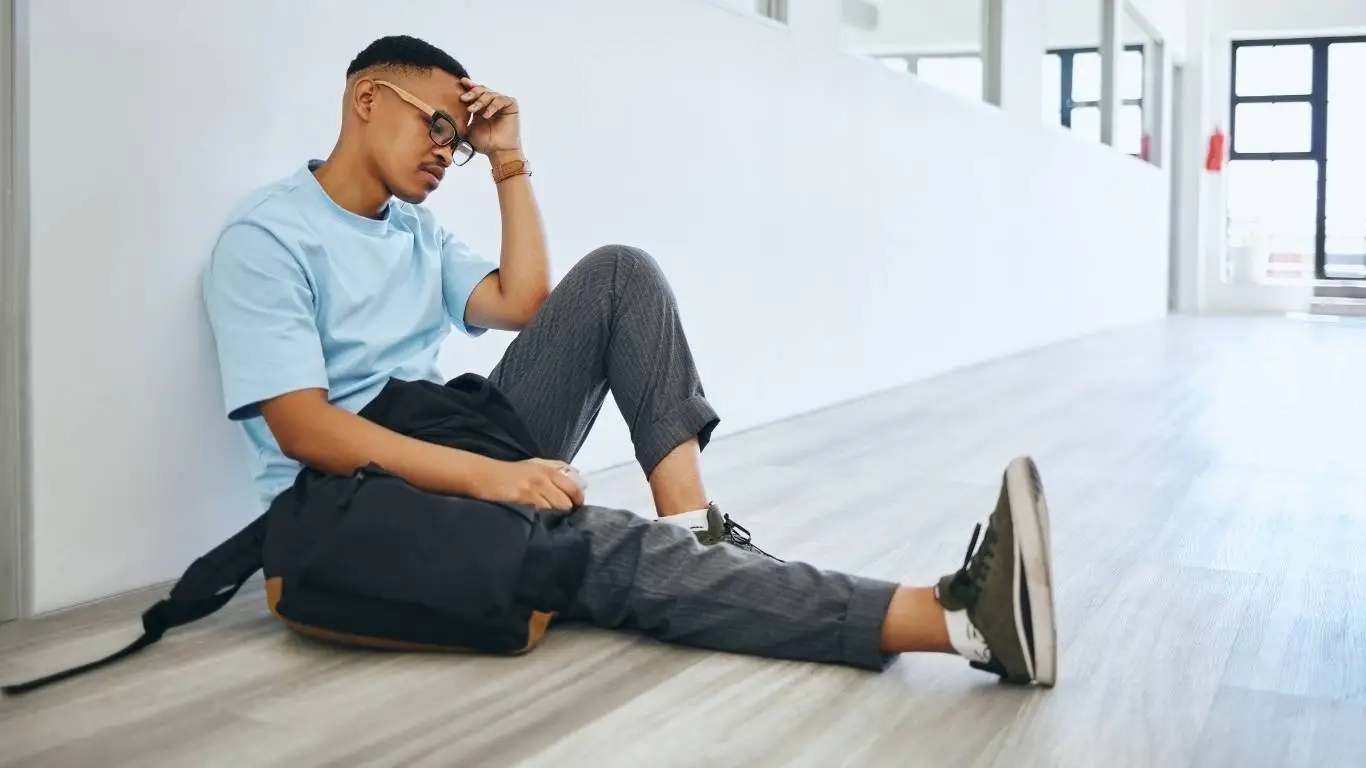
Let’s be real—Reiki isn’t exactly the darling of mainstream science. Clinical trials around energy healing still get a lot of side-eye from the medical community, mostly because it’s hard to measure energy fields or create placebo-controlled environments for it. That said, some studies do suggest Reiki can reduce anxiety and improve overall well-being.
One study published in Holistic Nursing Practice found that patients undergoing Reiki reported less anxiety before surgery. While not definitive, it aligns with anecdotal experiences from people (like me) who’ve turned to Reiki when they’ve hit a wall with traditional treatments.
The key here is that Reiki doesn’t claim to cure anxiety. It’s a tool—not a miracle. But when you’re dealing with a condition as complex and layered as anxiety, adding something low-risk that promotes emotional balance can be a game-changer.
Why Reiki Is Becoming Popular Among People Who’ve “Tried Everything”

It Fills in the Gaps Where Conventional Treatments Fall Short
If you’ve ever sat across from a doctor, rattled off your symptoms, and walked out with a prescription that barely scratched the surface, you’re not alone. Modern medicine is incredible—but it doesn’t always address the emotional or energetic toll of chronic anxiety. That’s where Reiki quietly steps in.
For me, it wasn’t about “choosing” Reiki over therapy or meds. It was about adding another layer of care that actually made me feel seen, not just diagnosed. It didn’t require me to justify or explain my symptoms. It simply asked me to show up—and that in itself felt healing.
Creates a Routine of Self-Attunement
Even if you only go once or twice a month, Reiki becomes a moment in your schedule where everything slows down. You check in with your body. You breathe. You rest. That alone is worth gold in today’s chronically overstimulated world. It’s not about whether energy fields are “real”—it’s about how you feel after the session.
And I can confidently say, I’ve walked out of more Reiki sessions feeling better than when I walked in—which, as anyone with anxiety knows, is a huge win.
Pairing Reiki with Other Natural Strategies
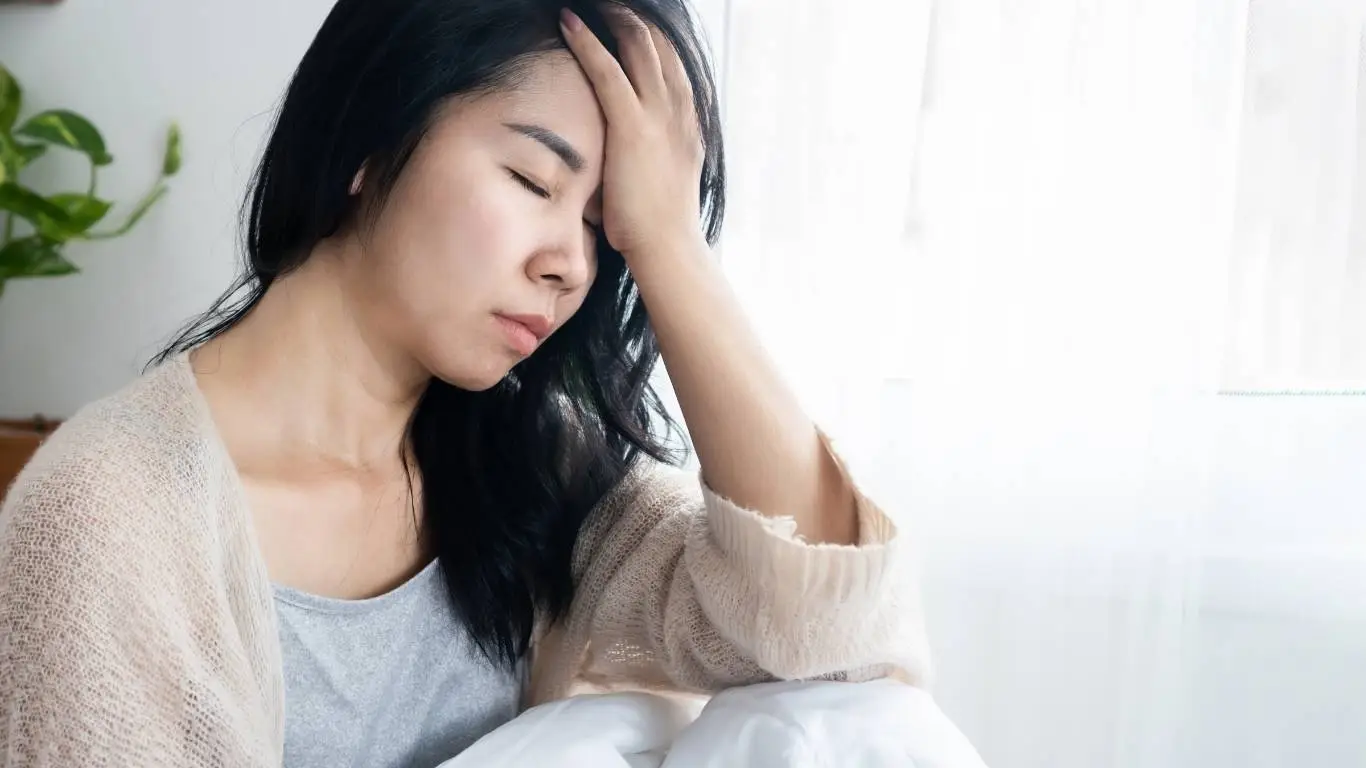
One of the beautiful things about Reiki is how easily it pairs with other anxiety relief tools. You can build a wellness routine that’s personalized, low-risk, and actually enjoyable.
- Magnesium-rich foods to support your nervous system.
- Omega-3 fatty acids that boost brain health and mood.
- Progressive muscle relaxation for physical tension release.
- Work-related anxiety strategies to balance emotional energy.
This layering approach makes a massive difference. While one method might take the edge off, combining Reiki with proper nutrition, gentle movement, and mental health tools creates an ecosystem of support. You’re not just treating symptoms—you’re building resilience.
Is Reiki Right for You?

If you’re even a little curious, I’d say give it a try. Worst case? You get an hour of peaceful downtime. Best case? You discover a new way to support your healing in a world that often moves too fast for people living with anxiety.
At the end of the day, anxiety is deeply personal. What works for one person might not work for another. But if you’re stuck in an endless loop of racing thoughts, panic, or fatigue, Reiki might just offer the pause you’ve been craving.
Still unsure? Learn how different types of anxiety disorders may respond to various treatment styles—including alternative therapies like Reiki.
And don’t forget to explore the foundational article on how anxiety disorders quietly impact every aspect of daily life—it’ll help you understand just how big of a shift one small change (like Reiki) can make.

Camellia Wulansari is a dedicated Medical Assistant at a local clinic and a passionate health writer at Healthusias.com. With years of hands-on experience in patient care and a deep interest in preventive medicine, she bridges the gap between clinical knowledge and accessible health information. Camellia specializes in writing about digestive health, chronic conditions like GERD and hypertension, respiratory issues, and autoimmune diseases, aiming to empower readers with practical, easy-to-understand insights. When she’s not assisting patients or writing, you’ll find her enjoying quiet mornings with coffee and a medical journal in hand—or jamming to her favorite metal band, Lamb of God.


